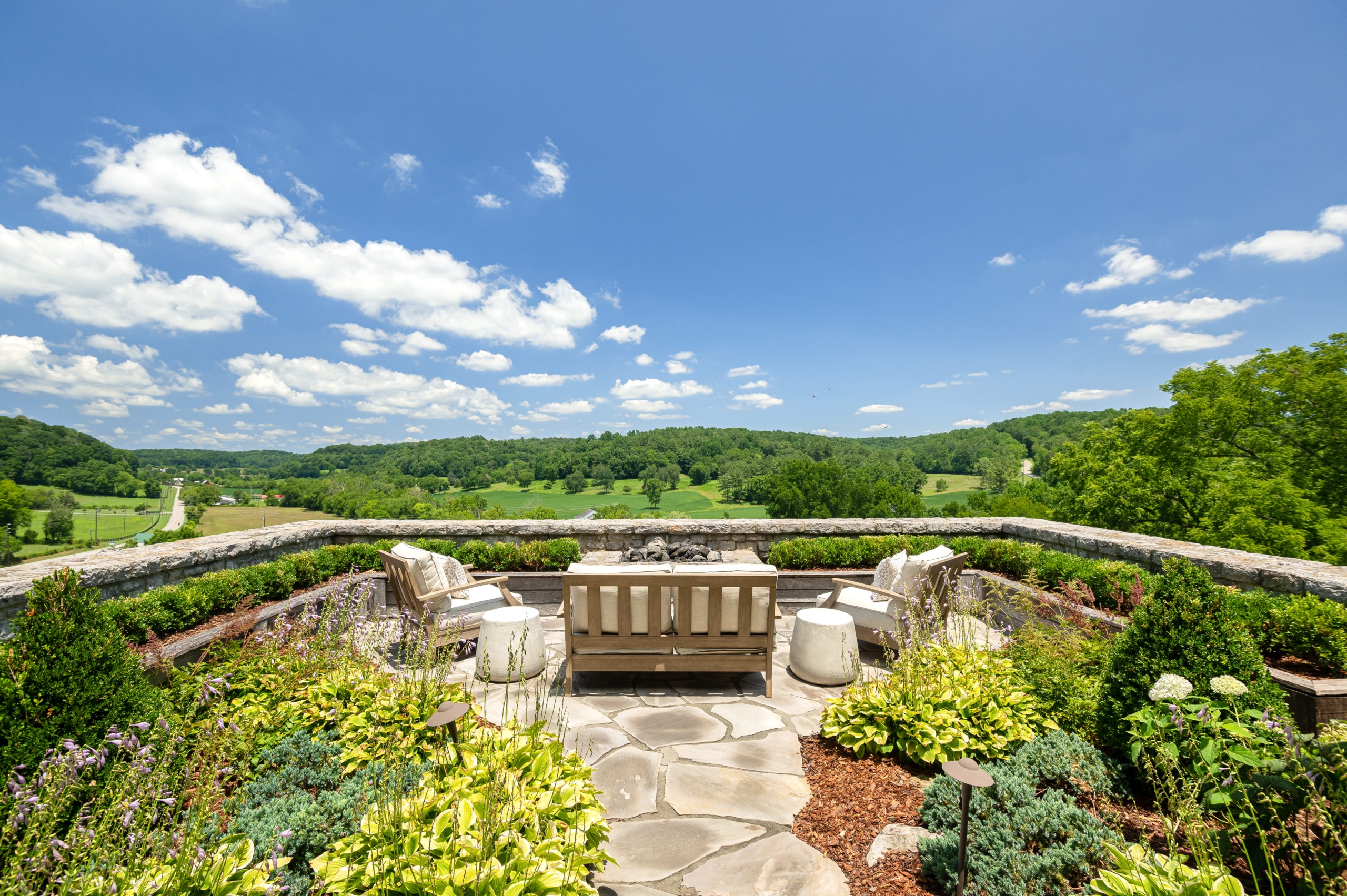
Why More Homeowners Are Developing Estate Properties
Imagine standing at the edge of a wide pasture or walking a tree-lined ridge, envisioning not just a house but an entire estate shaped around your lifestyle. More and more homeowners are pursuing this dream, transforming raw land into private retreats that blend permanence, beauty, and function. But what’s behind this growing trend toward estate development? The answer lies in shifting values, changing markets, and the desire for homes that feel as enduring as the land they sit on.
The Shift Toward Estate Living
Homeownership is evolving. Beyond standard subdivisions and production homes, many families are seeking larger tracts of land where they can design custom residences with privacy, space, and longevity in mind. Estate properties allow homeowners to break away from cookie-cutter layouts and create something that feels deeply personal and architecturally significant.
Lifestyle Drivers of Estate Development
Privacy and Space
One of the strongest motivations is the desire for privacy. Estate properties typically sit on expansive parcels, offering seclusion from neighbors and room to create amenities such as gardens, pools, barns, or guest cottages.
Multi-Generational Living
As families increasingly look to keep generations closer, estate properties provide space for in-law suites, secondary dwellings, and flexible layouts that adapt as needs change.
Retreat-Like Living
Many estate homeowners describe the experience as owning their own private retreat—spaces that prioritize wellness, leisure, and connection to nature.
Market and Investment Appeal
Long-Term Value
Well-designed estates tend to hold or appreciate in value, especially in desirable markets like Middle Tennessee. With limited land availability, estate properties represent both a lifestyle choice and a financial investment.
Customization and Control
Unlike buying into a master-planned neighborhood, estate development allows homeowners to guide every detail—from architectural style to landscape design—resulting in homes that feel timeless and unique.
Challenges and Considerations
Of course, developing an estate is more complex than buying a finished home. Homeowners must navigate zoning laws, utilities, site planning, and builder selection. While this can feel overwhelming, working with experienced developers and custom home builders simplifies the process and ensures the vision comes to life seamlessly.
Why This Trend Will Continue
As buyers place higher value on privacy, authenticity, and creating spaces that reflect their family’s story, estate properties will remain a compelling path forward. They offer not just homes, but legacies—crafted with care, rooted in place, and designed to endure.